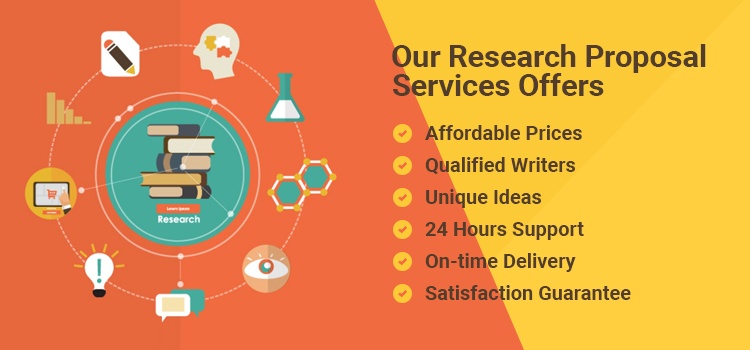
Proposal Writings
Assignment Helpmate online assignment writing help is always one step ahead than any other online assignment help firm, as Helpmate incorporates the best systematic procedure in enhancing the proposal writing. Assignment Helpmate professional assignment helps develop the best proposal writing under the surveillance of the most experienced creative writers in the field of proposal writing. They have developed some famous and outstanding proposal papers in their academic and graduation career and they have been rewarded for creating the best and unique proposals. It is worthwhile to state that proposals should be unique and exceptional in the content. The matter should be something interesting and have been never used before in the marketing field. A proposal writing creates a well-balanced relationship with the organization and the donor over which an implementation of the project to be done. A proposal should be a conceptual matter that includes a proposal as well as briefing the considerable potential challenges for the execution of the project. As a whole proposal writing itself is a unique matter that can only be executed from Assignment Helpmate online assignment writing.
A proposal writing should have a layer of proofreading services online, to make it perfect as well as to gain the main clarity of the concept. While going through proofreading online on a certain matter, it gives a student to know the missing and necessary details about the topic. Even Assignment Helpmate online assignment writing services allow the student to get a plagiarism free proposal along with the plagiarism report. Assignment Helpmates respects the creativity and the efficiency of the writers and professors makes an amazingly phenomenal proposal in every perspective of the content.
Always remember that a research proposal is presented before the supervisor just before writing dissertation for the purpose of obtaining feedback on the topic, arguments and the research goals.
There may be some variation in how the sections are named or divided, but the overall goals are always the same. This article takes you through a basic research proposal template and explains what you need to include in each part.
Purpose of a research proposal
Academics often have to write research proposals to get funding for their projects. As a student, you might have to write a research proposal to get your thesis or dissertation plan approved.
All research proposals are designed to persuade someone — such as a funding body, educational institution, or supervisor — that your project is worthwhile.
A research proposal describes what you will investigate, why it’s important, and how you will do the research. The format of a research proposal varies between fields, but most proposals should contain at least these elements:
- Cover page
- Introduction
- Literature review
- Research design
- Reference list

Structure of Research Proposal
Title page
Like your dissertation or thesis, the proposal will usually have a title page that includes:
- The proposed title of your project
- Your name
- Your supervisor’s name
- The institution and department
Abstract and table of contents
If your proposal is very long, you might also have to include an abstract and a table of contents to help the reader navigate the document.
Introduction
The first part of your proposal is the initial pitch for your project, so make sure it succinctly explains what you want to do and why. It should:
- Introduce the topic
- Give background and context
- Outline your problem statement and research question(s)
Some important questions to guide your introduction include:
- Who has an interest in the topic?
- How much is already known about the problem?
- What is missing from current knowledge?
- What new insights will your research contribute?
- Why is this research worth doing?
If your proposal is very long, you might include separate sections with more detailed information on the background and context, problem statement, aims and objectives, and importance of the research.
Literature review
It’s important to show that you’re familiar with the most important research on your topic. A strong literature review convinces the reader that your project has a solid foundation in existing knowledge or theory. It also shows that you’re not simply repeating what other people have already done or said.
In this section, aim to demonstrate exactly how your project will contribute to conversations in the field.
Compare and contrast: what are the main theories, methods, debates and controversies?
Be critical: what are the strengths and weaknesses of different approaches?
Show how your research fits in: how will you build on, challenge, or synthesize the work of others?
Research design and methods
Following the literature review, it’s a good idea to restate your main objectives, bringing the focus back to your own project. The research design or methodology section should describe the overall approach and practical steps you will take to answer your research questions.
Methodology in a research proposal
Research type |
|
Sources |
|
Research methods |
|
Practicalities |
|
Reference list or bibliography
Your research proposal must include proper citations for every source you have used, and full publication details should always be included in the reference list.
Revisions and Proofreading
As in any other piece of academic writing, it’s essential to redraft, edit and proofread your research proposal before you submit it. If you have the opportunity, ask a supervisor or colleague for feedback.
